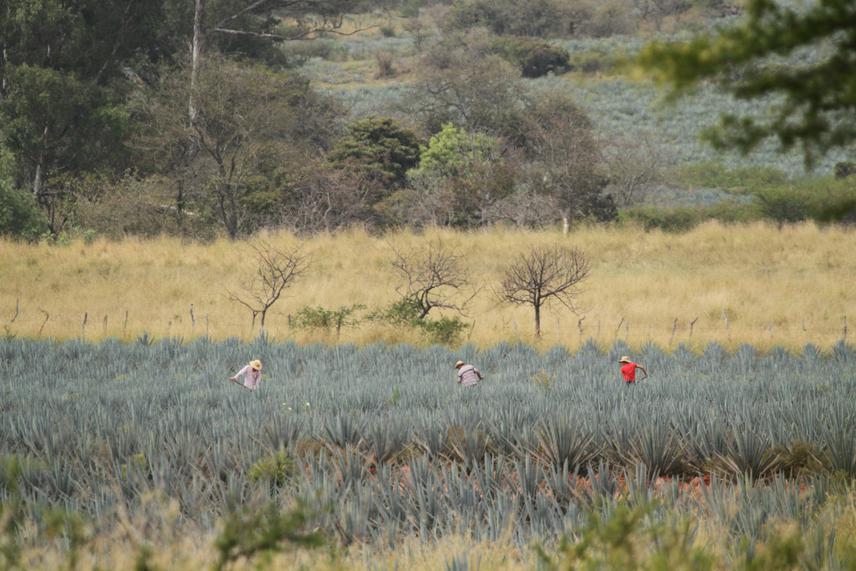Natalia Mesa-Sierra
Other projects
The landscape of Agaves and old tequila industrial facilities was declared a World Heritage Site in 2006, where different types of habitats (tropical dry forest) and cultural elements (traditional knowledge, tequila haciendas) converge, forming a distinctive region with an important natural and human capital. However, it is heavily transformed and impacted mainly by cattle ranching, extensive Agave crops and industrial area expansion, resulting in the reduction of natural vegetation cover, the threat of biodiversity and its ecosystem services, the pollution of abiotic resources (i.e., soil, air, water), and the impact of human well-being and social inequality.

This project would contribute with a precise and current description of the remaining vegetation cover, the conservation status of its biodiversity, as well as its distribution in the landscape. It will be possible to recognize the effects of different agricultural management (e.g., deforestation, agrochemicals) on biodiversity of the Agave landscape and its capability for adaptation and mitigation to climate change.
This will provide solid information for state authorities and decision makers in order to:
1) Promote the sustainable and responsible use of natural resources in the region,
2) Promote an Agave landscape that achieves a sustainable integration of its natural, productive, social and cultural aspects,
3) Encourage the design and implementation of conservation and management projects that guarantee the AGAVE landscape functionality,
4) Demand Tequila industry greater environmental and social responsibility.
All of the above will allow promoting the development of the Agave landscape with a focus on the Sustainable Development Goals proposed by the United Nations. It will be possible to guarantee a region that preserves the terrestrial ecosystems with potential to mitigate the effects of climate change, ensures health and well-being for local communities, reduces social inequalities, and contains industries with responsible production.